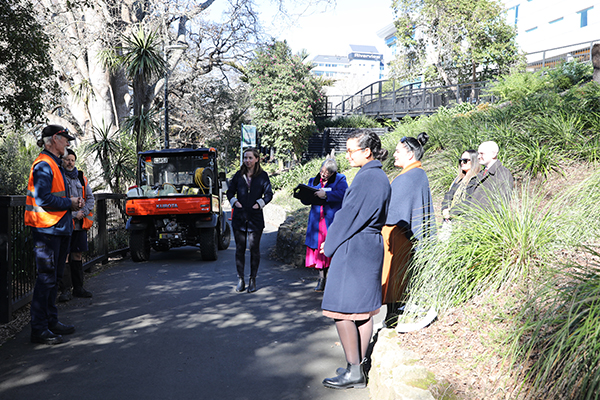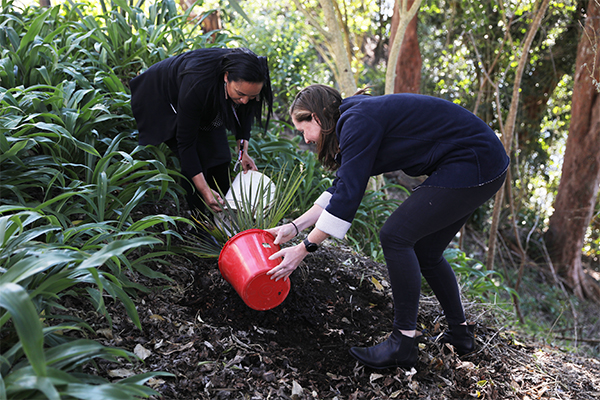Small-Medium Organisation Highly Commended

Indigenous peoples are over-represented in the prisons of every colonised country in the Western world, and Aotearoa New Zealand is no exception. More than half of our prison population are Māori and the considerable disparities across the criminal justice sector are well known and documented.
Established in April 2020, Te Kāhui Tātari Ture Criminal Cases Review Commission is the independent Crown entity for investigating possible miscarriage of justice cases. It is the fourth such entity globally with the primary mandate to investigate wrongful convictions, sentences, or both within the New Zealand court system.
“We are set up to serve those disproportionately affected by the criminal justice system – Māori, Pasifika, women, and youth,” says Tumu Whakarae (Chief Executive) Parekawhia Mclean. “Research indicates that people who have been or are incarcerated have low trust in the current justice system, which has periodically shown bias and subjected many people to racism and discrimination, contributing to the ongoing trauma within their communities.”
The everyday reality of investigating such cases is a heavy burden for Te Kāhui Tātari Ture staff, of whom nearly 50 per cent are Māori, including Chief Executive Parekawhia McLean.
Over the past three years they have developed a multifaceted approach to support and upskill staff. Beginning with recruitment, the organisation focuses on creating a workforce pipeline that recognises the importance of incorporating te ao Māori expertise and capability within its operations.
“The Board has recently agreed to the establishment of a Māori advisory group to support the work of the Commission,” adds Parekawhia. “This is currently being set up to start in the next financial year. The kaupapa of the group will be co-designed with members from the outset.”
Te Kāhui Tātari Ture has already prioritised co-design with employees, senior leaders, and Commissioners, establishing a set of values and pillars based on Sir Mason Durie's Te Whare Tapa Whā. These guide decision-making processes at all levels. Additionally, the Kairaranga Tāngata team has developed Te Pou Tarāwaho, an outreach programme that involves engaging with mana whenua, Māori and Pacific public sector agencies and entities to raise awareness about Te Kāhui Tātari Ture.

Parekawhia says this has involved meeting with and developing relationships with partner organisations, such as the Māori Women's Welfare League and Te Hunga Rōia Māori, to work with those who have been affected by the justice system.
“Engaging with iwi and mana whenua has enabled us to develop a deeper understanding of their perspectives.”
A 13-week internship programme has been introduced, in partnership with the University of Waikato, for those interested in removing bias from the justice system. To date all interns have been Māori students studying law. Te Kāhui Tātari Ture is also increasing usage of te reo Māori across its premises, in its branding (including across social media channels), and through operating procedures and policies, as well as offering te reo classes, and karakia and waiata practice.
The focus is on fostering workplace inclusion, and ensuring a cohesive working environment that enables people to bring their best selves into the workplace, says Parekawhia.
“We believe these are essential markers of our journey as an organisation.”


